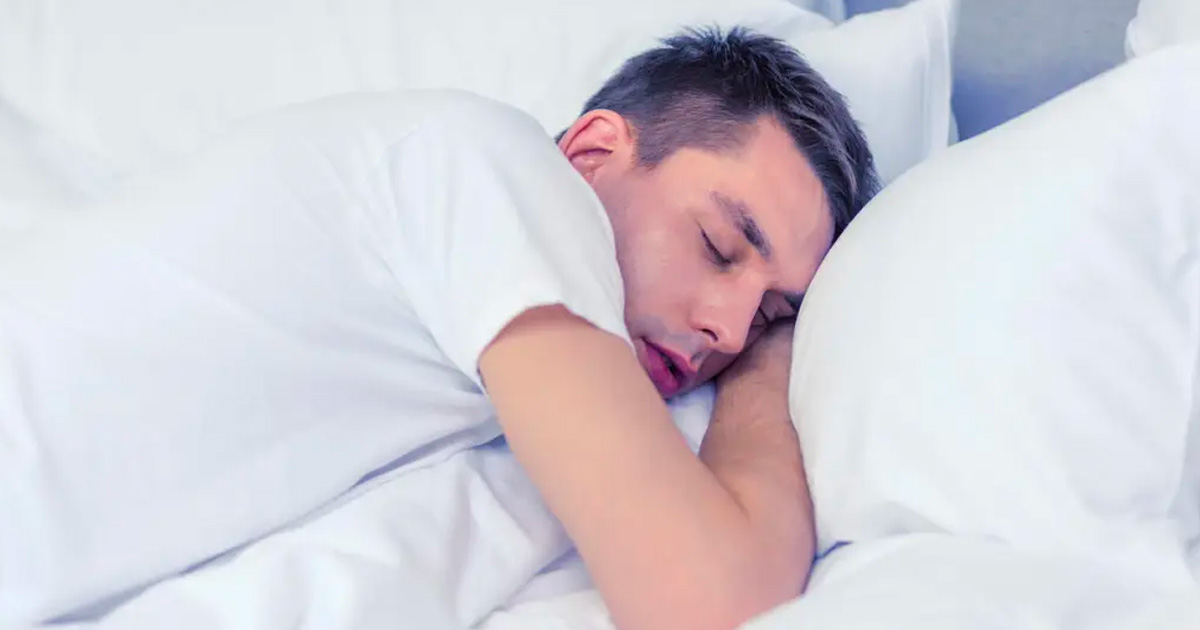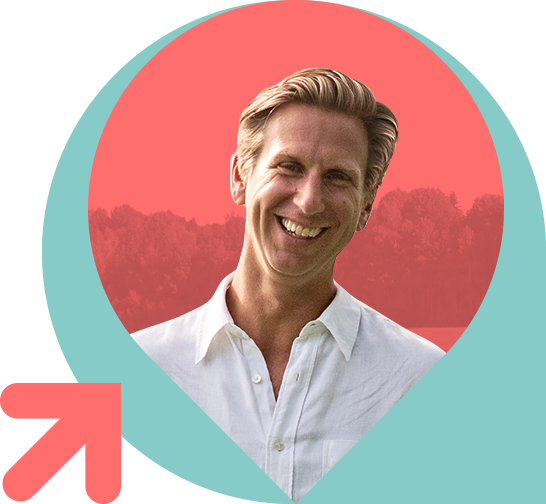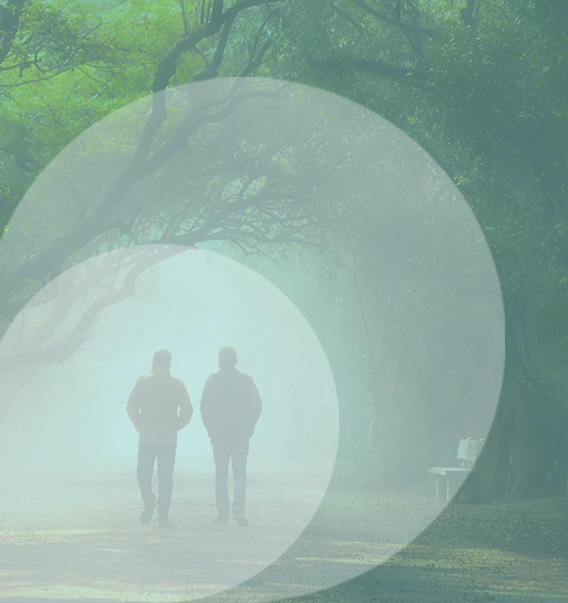Are you lying down?

One night of less than five hours sleep or two nights of less than seven hours sleep. What do these have in common? They both lead to sleep deprivation. Sleep deprivation in turn doubles the likelihood of death from ANY cause. Whether dying from a car accident, cancer, or a heart attack, sleep deprivation makes it twice as likely. On a less extreme note sleep deprivation causes emotional instability and cognitive impairment, driving drowsy is as dangerous as driving drunk. Ok so we all need more sleep, but even thinking about it makes us less likely to sleep – how do we tackle this?
We all know that humans need around eight hours of quality sleep, but why? Sleep is when we mentally and physically recuperate and re-energise. It allows us to deal with what has happened during the day, process events and feelings, and lay down memories. We get to empty the stress bucket that has been filled up during the day. It puts our body into repair mode. Every single animal alive needs sleep ranging from elephants at four hours to bats at around 20 hours.
What happens when we have a poor sleep is that we start the next day with the stress bucket part full. This means it fills up and then starts overflowing during the day. We know this feeling – it is one of irritability and anxiety, of feeling indecisive, below our best. We then try to sleep with a more agitated mind, sleep worse, become stressed about sleeping worse and the stress-sleep deprivation downward spiral is started.
There are definitely tips that can help sleep, some of which are listed lower in the piece, but first, let’s look at the root cause of poor sleep. I have written about stress before. Stress occurs when the perceived demands made on us are greater than our perceived resources to meet those demands. At an evolutionary level, this is what we feel when someone jumps out at us, until we have made a decision to fight, flee freeze. In modern times, it is what we feel when we are overwhelmed at work, at home or in life.
Nature intends real stress to last around a second, anything more than a few seconds is chronic stress. Let’s agree on some level that we are all in a state of chronic stress; which in turn makes quality sleep harder. We are effectively hacking nature’s system.
A quick pause to make the distinction between pressure and stress. When someone says, “I work better when I am stressed”, what they really mean is, “I work better under pressure”. Pressure is when we have a lot of demands placed on us, but we feel we have the resources to meet those demands. With a lack of any pressure, when resources exceed demands, we may feel like we are idling, or purposeless.
The stress equation contains three key words: perceived, demands, resources. In a moment of stress, of course it feels real. We cannot see a way out of it. “ Just tough it out” is our normal approach. But how real is it? Our minds can play tricks on us. So how do we step back and examine what the real story is. Can you find a way to take an objective look at what is going on? You may find the AGA exercise I created useful for this. If you conclude that the stress is real, and not a figment of the overactive imagination, then you have two options available to you: reduce the demands or increase the resources. Reducing the demands usually involves saying no, postponing, or breaking things down into smaller tasks. Increasing resources might mean external resources, such as help or delegating, or increasing your internal resources through exercise, eating well or taking a break. We also know that, ironically, the best boost to your internal resources is sleep. Having a plan is a great way to start reducing stress.
Once you have begun to loosen the iron grip of your self-created stress, then there are some sleep tips that are universally agreed amongst the experts;
- Wind down – starting two to three hours from when you want to fall asleep begin to reduce the amount of emotional and mental stimulation
- Routine – create a regular pattern and timing in the run up to going to sleep
- Nil by mouth – alcohol, nicotine, caffeine and food all make it harder to fall and stay asleep. Where possible stick to water or herbal tea in the three hours before going to sleep. Try to avoid alcohol and nicotine. Caffeine needs to stop six to seven hours before you head to sleep
- A dark room to fall asleep, a light room to wake up. This helps the body recognise when to sleep. If you can, open the curtains before falling asleep, provided the room is dark. If not best to leave the curtains shut
- Expose yourself to natural sunlight. Artificial light messes up our cycles. Spend time outside, as much as you can.
- Have a hot bath. This increases relaxation and the temperature drop when you get out of the bath induces drowsiness
- Keep your room at around 18 degrees. A hot room results in poor sleep
- Screens, contrary to popular belief it is not the light from screens that damages sleep it is the mental stimulation. Computers are worse than tablets which are worse than TV, simply because of the level of engagement they create. Checking email during your two to three-hour wind down massively impacts your sleep. Keep screens out of the bedroom, the temptation is too much. Reading for pleasure is ok but not reading for work.
- Regular exercise helps, but not in the wind down period
- Keep a notebook by your bed – that way thoughts or worries can be noted down and dealt with the next day.
If you really cannot sleep, or wake up and cannot get back to sleep, it is worth setting a time, say 20 minutes, and then getting up and doing something relaxing if you are still awake.
Much of the above is based on an excellent lecture I attended by Geoff Bird who is a Professor of Neuroscience at Oxford University. At one point a rather desperate member of the audience asked, “What can I do in the evenings then?” This is a particular problem for the 30% of the population who are night owls and have their natural rhythm ruined by a morning -based society.
If you have a set time when you need to be up there really is no way around working backwards allowing eight hours sleep and then two to three hours of pre-sleep relaxation. This means that if your alarm goes off at 7 am, then it is no coffee after 6 pm, and decreasing mental or emotional stimulation from 8 pm. Remember that socialising is mentally stimulating so opt for an early dinner if you are with others.
I know the above is a long and rather daunting list and in places rather terrifying. My aim is not to increase your stress and thus contribute to less sleep! Can I ask you to accept the importance of sleep, work on reducing your stress levels and then adopt as many of the 10 steps above as you can? This is not an overnight fix, it may take months to reach a point of good sleep, but the journey is worth it.
More Articles
Organisational health - the heartbeat of a business
Organisational health- the heartbeat of a business When we talk about business success, we often look first at strategy; the clever plan, the…
Rituals
Rituals surround us at work, in society and at home. They help manage emotions- think about what happens when someone dies…
How to take the right risks
Individuals and organisations can both benefit from a more entrepreneurial approach. Starting a new business, solving difficult problems…


